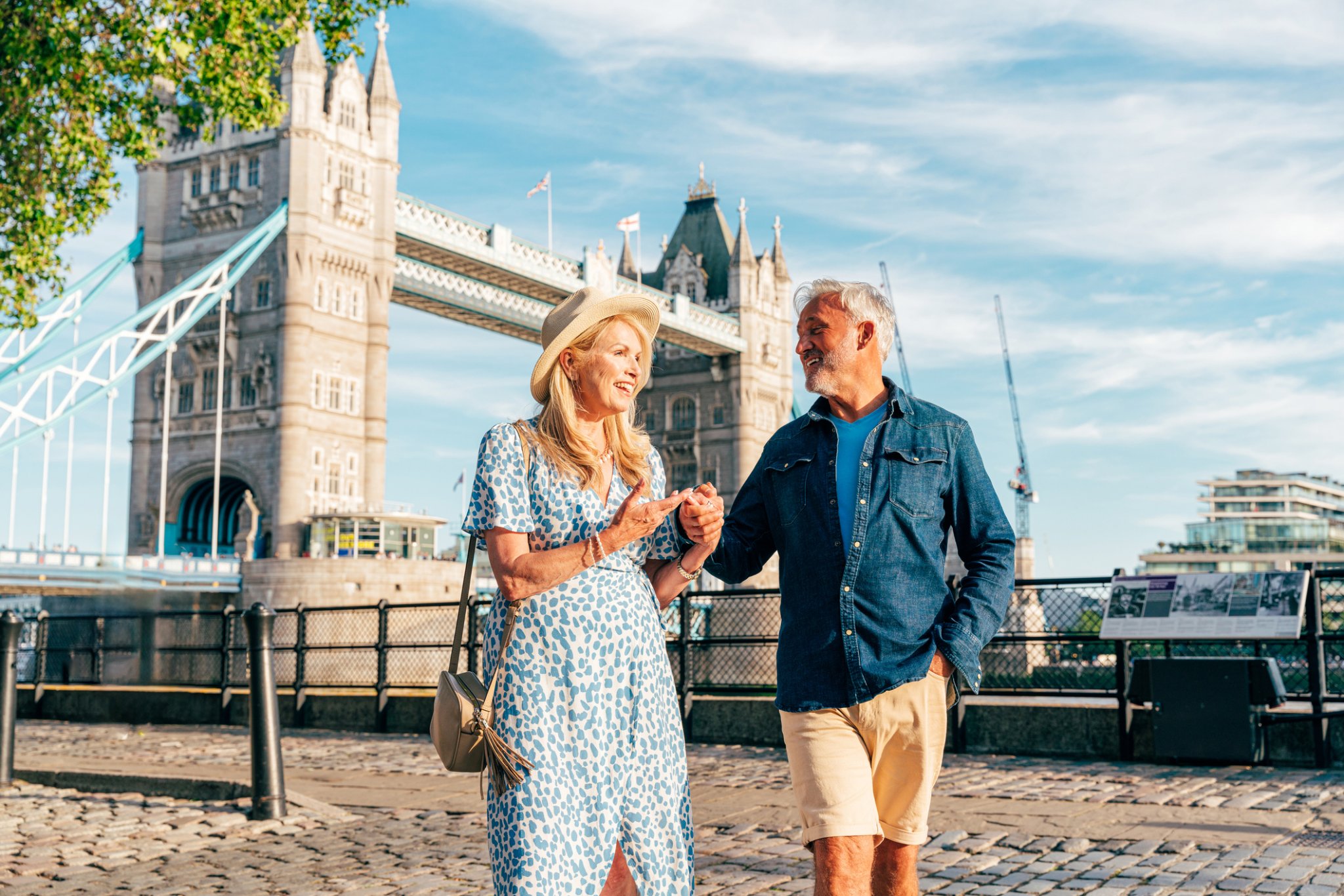Healthy Tips for Safe Travel & Longevity

This week we will cover a very important topic related to healthy safe travel. There are certain health risks associated with travel as many people travel by airplane, car, bus and train which are all sedentary for often prolonged periods. Sometimes we travel on long haul flights and one of the things that could happen is a deep vein thrombosis, which is a blood clot in the leg vein that can dislodge and travel to the lungs and block oxygen exchange and result in death or severe disability.
A certain percentage of the population (about 3 million in the USA) have something called factor 5 Leiden (a genetic clotting defect), which increases your risk of clots during travel and after surgical procedures. We also know that women on birth control pills are much more likely to develop clots in the legs called deep vein thrombosis, so it’s important that if you’re going to fly and you have a risk of increasing blood clots in the calf and legs you need to hydrate well and check with your doctor if you should take an aspirin before you fly or take a long sedentary trip.
Another high risk group are cancer patients, they have something called hyper-coagulable syndrome where blood tends to run thicker and clot more. Along with the higher risk groups, everyone should avoid drinking alcohol or too much caffeine while flying because that dehydrates you and thickens the blood stream, which increases your risk of clots. Wearing compression stockings is beneficial during long travel as the stockings gently squeeze your calf and leg muscles to keep the blood circulating properly instead of pooling in your legs, which can lead to clotting, and is helpful to avoid lung pulmonary embolism.
One helpful tip is staying super hydrated with water even if the price you pay is having to run to the bathroom frequently. Walking around when permitted and moving legs and ankles when you’re sitting in the chair and raising your knees up and down helps your circulation move. These leg clots have happened to several high-profile people on long haul flights like President Nixon and secretary of state Clinton. It’s good to take a picture of all your medicine bottles because the medicines are an international language. You can show the medicine bottle to a pharmacy even if you don’t have a prescription and explain I lost my medicine here’s the picture and they will give you a supply to replace what you lost. We also tell people in case your your flight gets cancelled and you have to be there for an extra few days, always bring enough medicine to carry you over for at least an extra 5 or 6 days. Also keep a copy in your phone of any prescriptions including your eyeglass prescription because that’s also an international language item that can be shown to any eye glass store and you can have your glasses replaced when you are abroad.
Another important topic to write about is health insurance coverage abroad. Americans make the big mistake of traveling outside the borders of the USA and Canada without any type of health insurance. American health insurance including Medicare are not covered outside USA borders. We recommend that people call their carrier and obtain travel insurance which includes medical treatment, surgical treatment and medical evacuation because if you need an air ambulance it can be up to half a million dollars. This type of travel insurance costs from $30 to $80.00 a week. You just give them your travel dates, destination and age for a quote, then pay the premium, print out your policy, and travel with more security. While traveling to islands like Greece and the Caribbean, people often do not wear helmets when bicycling or riding mopeds, which can result in a serious head trauma injury and brain bleed, this can be fatal as many of these travel destinations do not have neurosurgeons.
In addition wearing your seat belt in any car in a foreign country (even in the back seat) is critical, because driving on unfamiliar roads or on the opposite side of the road can be dangerous. Many countries do not have enough level one trauma centers, like we have here in the United States, so if you get into an accident, you may be in serious trouble.
This is a short summary of some important things to do to prepare for safe travel. Always bring your list of allergies and medications, your past medical and surgical history, and if you’re a cardiac patient have a copy of your recent EKG printed or an image on your phone. Don’t let your guard down when traveling. Protect your eyes with sunglasses, wear sunscreen, and wear hats with a brim. Don’t forget to protect any children with you with all of the above. Drink bottled water and avoid ice cubes and undercooked meat and fish. Think positive and test negative. Safe and healthy travels to all, filled with peace, love, and happiness.
Dr Magdalena Swierczewski, MD is board-certified in Internal Medicine, Anti-aging Medicine, Hormone and Peptide Therapy and specializes in anti-aging and Integrative functional medicine.
Dr Peter Michalos, MD is a clinical Associate Professor at Columbia University Collage of Physicians and Surgeons and Chairman of the Hamptons Health Society.
Always consult your physician before beginning any new medical treatment or fitness program. This general information is not intended to diagnose any medical condition or to replace your healthcare professional.









